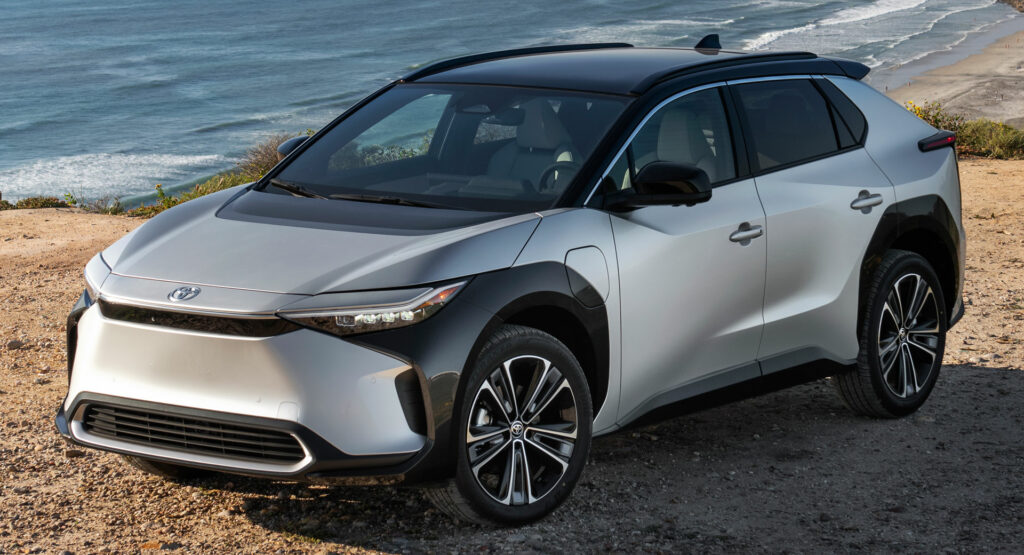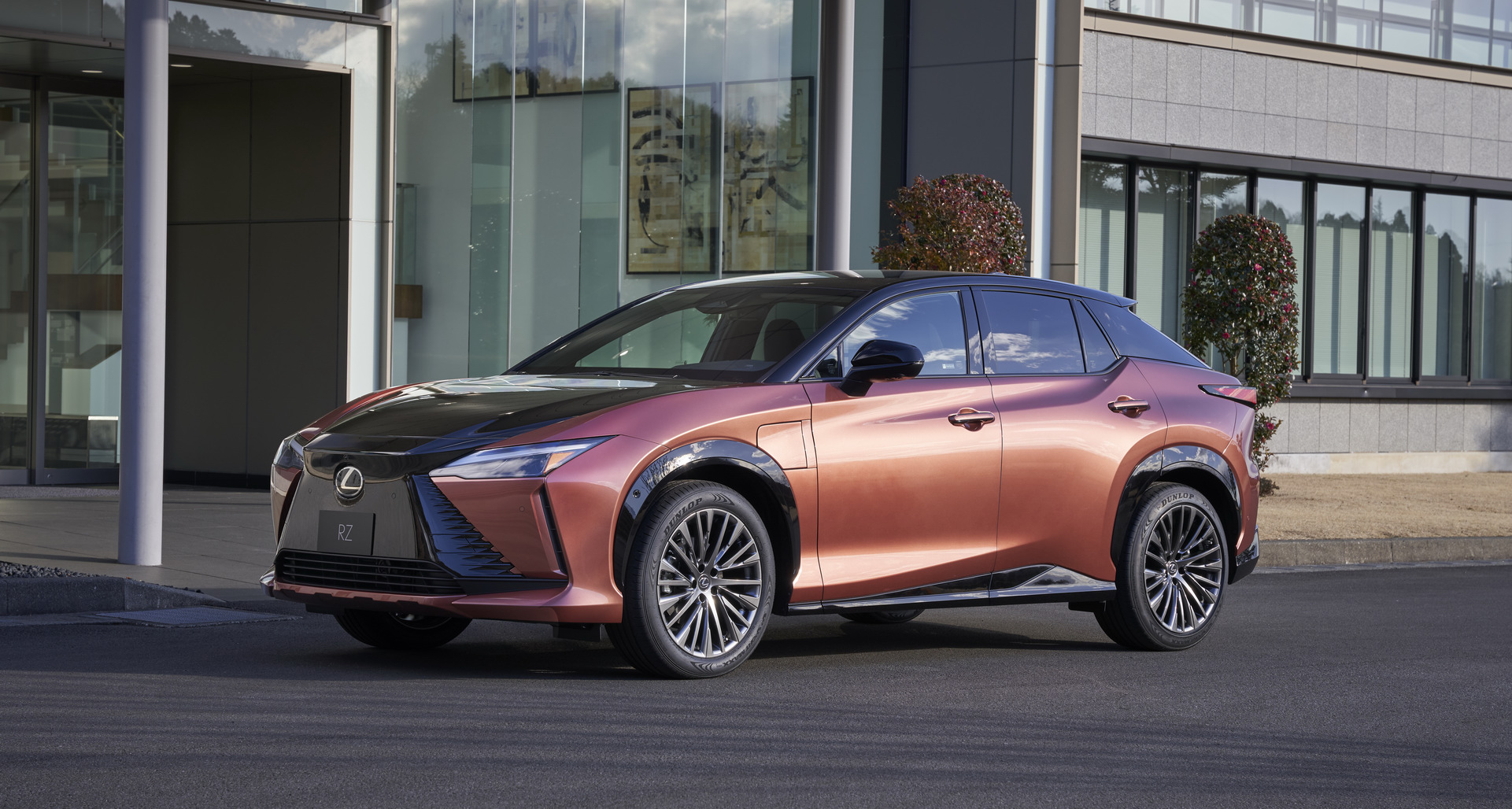Toyota could be poised to announce a rethink of its EV strategy that might result in delays to vital new models due in the next three years, according to a new report.
The Japanese automaker was a pioneer in electrified cars with its Prius but has been slow to join the full-EV market. And the cars it has launched, like the bZ4X, are less powerful and less efficient than Tesla’s equivalent models, while also making far less money.
Reuters reports that Tesla made nearly eight times as much profit per vehicle compared to Toyota in the third quarter of 2022 and that the American company’s simpler EV production and lower costs are partly responsible for the difference.
So Toyota has been working with suppliers to see if it make changes to its plan to help close the gap on Tesla, plus other established traditional carmakers that have responded more quickly and efficiently to the boom in EV sales.
Related: Toyota Previews 2023 C-HR With Prologue Concept
The most radical proposal on the table, according to Reuters’ sources, is the axing of the e-TNGA platform found under the bZ4X and Lexus RZ 450e in favor of a dedicated EV architecture. By creating the e-TNGA platform from an existing combustion base, Toyota was able to integrate the production of its EVs with ICE vehicles. But that plan was formulated when Toyota believed EVs would account for a smaller proportion of cars sold than they are now likely to. Unfortunately for Toyota’s current planned EV timescale, dropping the e-TNGA architecture would likely delay the next bZ3X and Lexus EVs.
Other possible changes include pulling forward the launch of a new thermal management system, a more powerful electric powertrain, and also a silicone-carbide-based inverter that could help to charge efficiency and also reduce production costs. Reuters says the EV strategy review is being headed by Shigeki Terashi, a 42-year Toyota veteran who helped the company forge a strong bond with China’s BYD that resulted in the Chinese-market bZ3 sedan.





